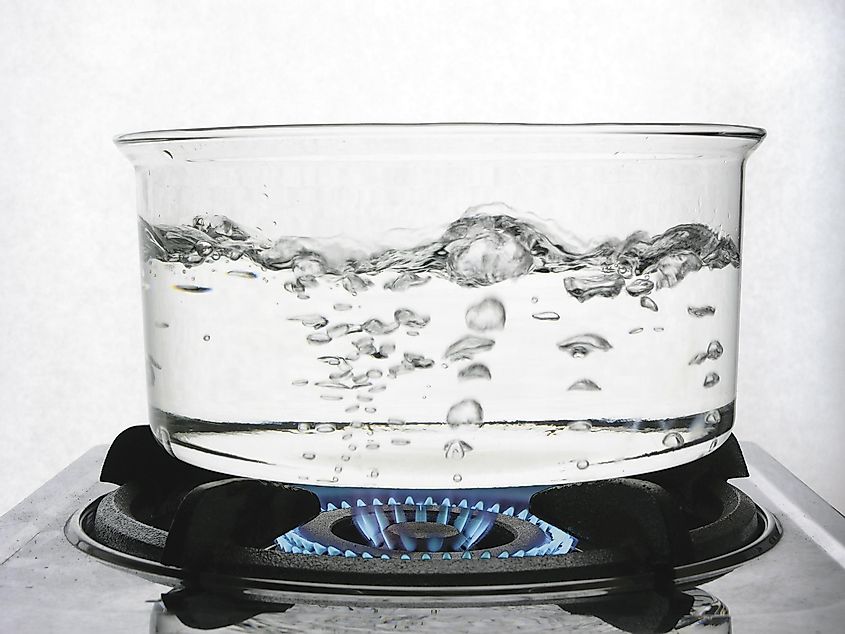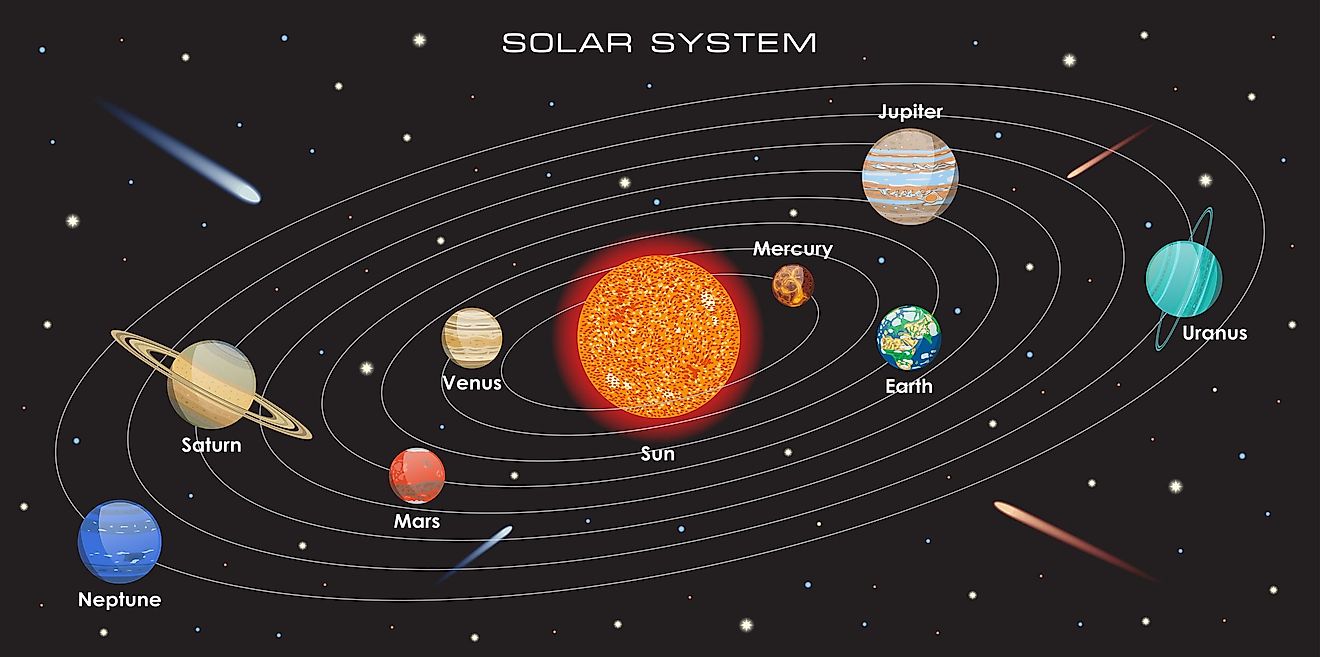
How Much Does A Gallon Of Water Weigh?
How much does a gallon of water weigh? Put simply, a gallon of water weighs about 8.34 pounds (3.78 kilograms). However, since gallons are a measure of volume rather than weight, the actual weight of a gallon of water will depend on temperature, surface gravity, height, and pressure.
Gravity, Pressure, and Height
Gravity is a force that all objects with mass exert. Any object with mass will generate a gravitational field, although the strength of that field is negligible for very small objects. However, gravity cannot be ignored for large objects such as planets. Earth generates its own gravitational field, and we experience the effects of that gravitational field every day of our lives. It keeps us attached to the surface of our world, and it also impacts the weight of objects, including water. The stronger the force of gravity, the higher the weight of an object. For example, a gallon of water weighs about 8.34 pounds on Earth at sea level, yet that same gallon of water will weigh nearly 20 pounds on Jupiter.

Pressure is similar to gravity in how it can alter the weight of an object. Gravity induces pressure, yet it is not the only thing that does. The atmosphere also creates pressure called atmospheric pressure. Like with gravity, more pressure equates to higher weight. Atmospheric pressure will also depend on your altitude relative to sea level, so the higher you are, the less atmospheric pressure you experience. Thus, a gallon of water will weigh slightly less at higher altitudes.
Temperature

Temperature has a significant impact on the weight of water. When a gallon of water is about 8.34 pounds, that is how much it weighs at 39.2 degrees Fahrenheit (4 degrees Celsius). The actual weight of a gallon of water will change with temperature as it influences how water molecules are packed together within a specific volume. For example, when water is colder, molecules will be packed together more closely, decreasing the total amount of volume taken up by the water and increasing the total density. Thus, colder water will have a higher weight. Meanwhile, warmer water will have its molecules spread apart, increasing the volume taken up by the water and decreasing the total density. So, warm water will weigh less.











